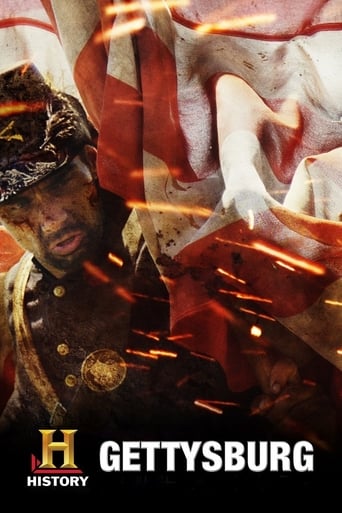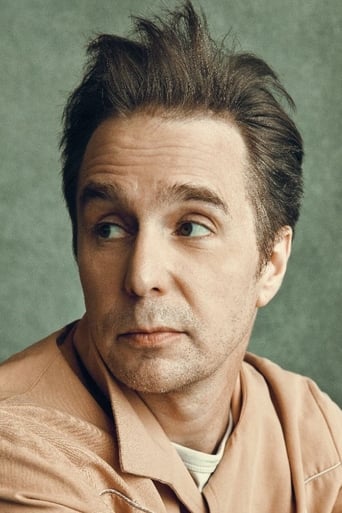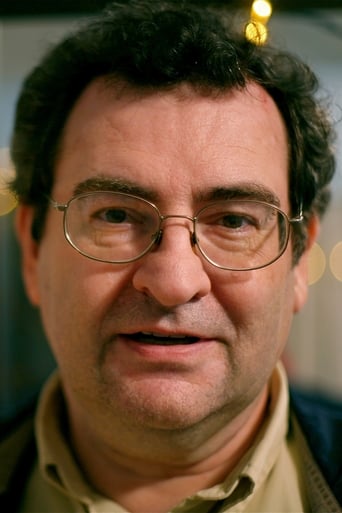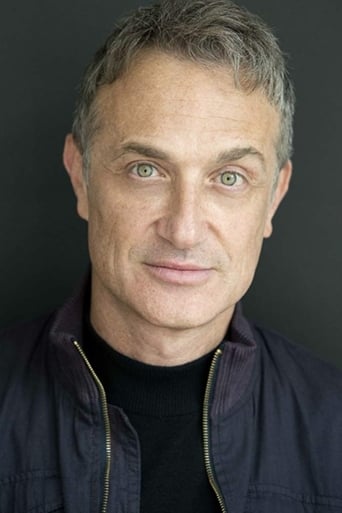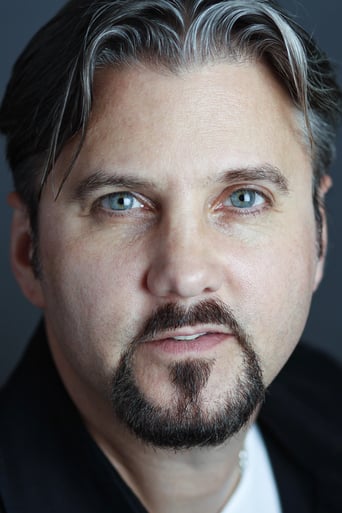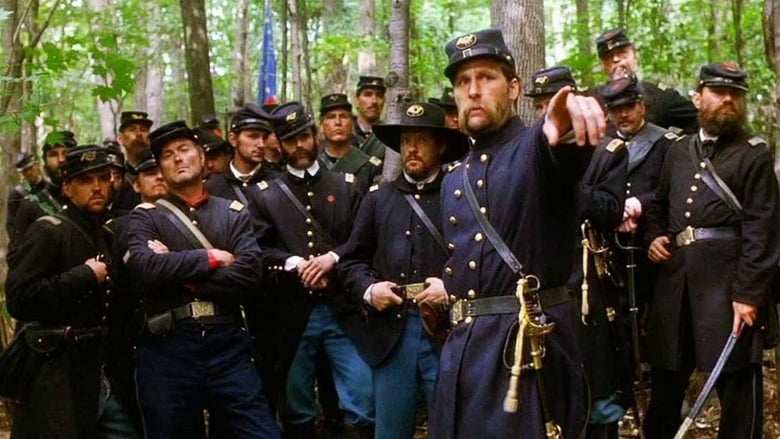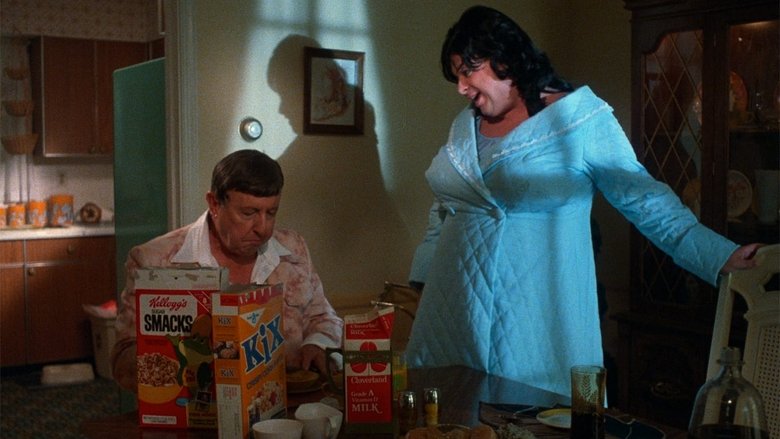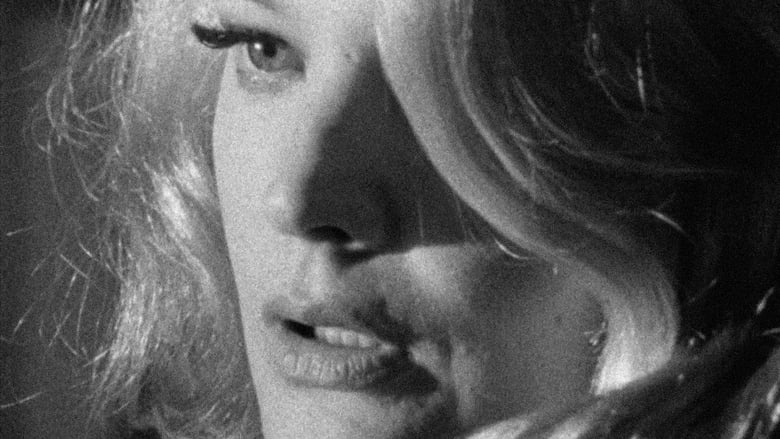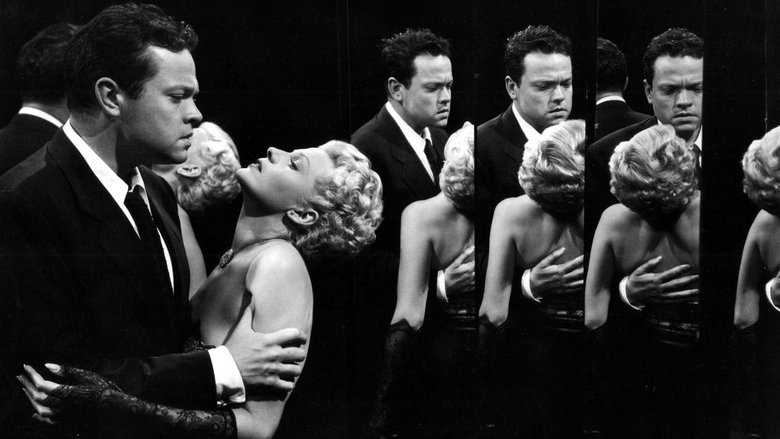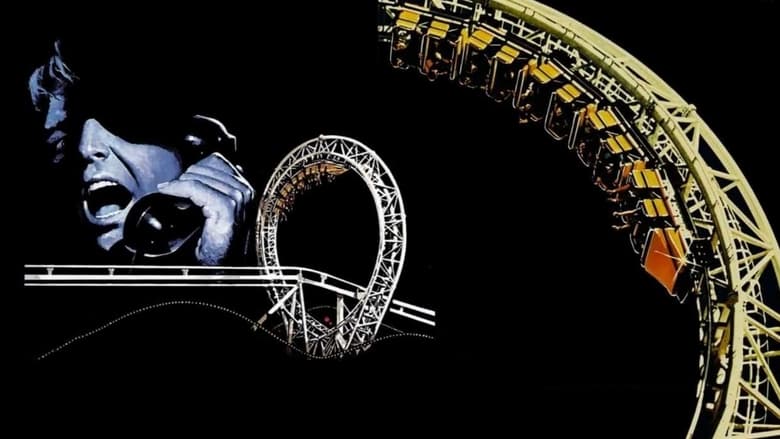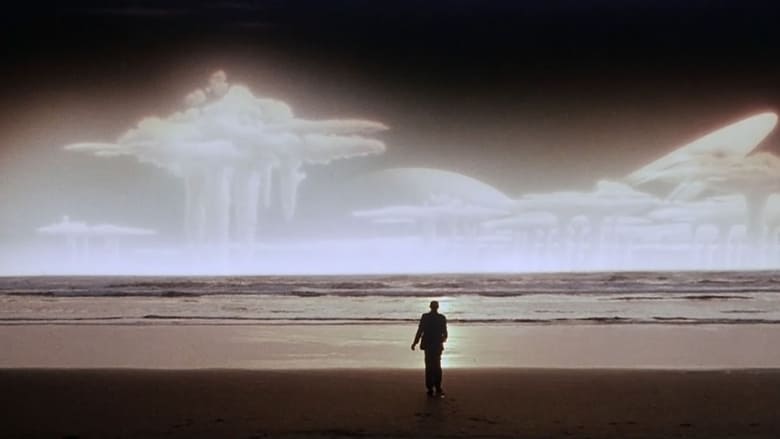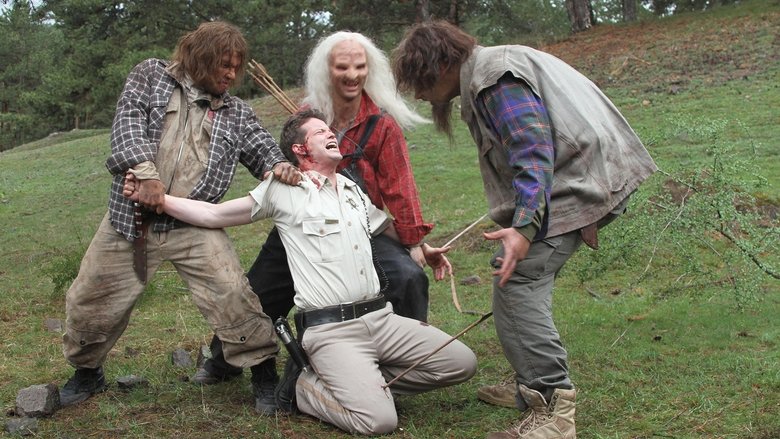An examination of the Battle of Gettysberg on both the personal and strategic level.


Similar titles
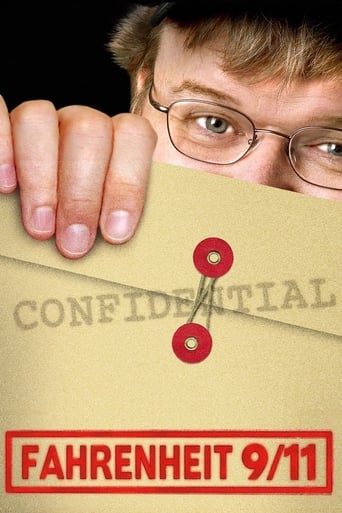
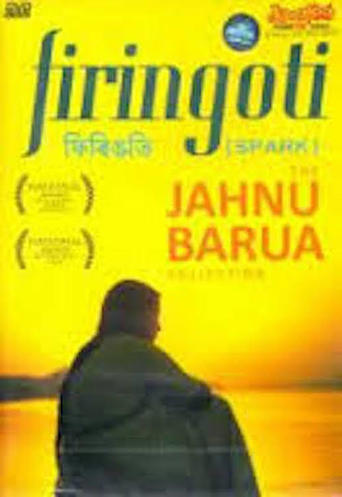
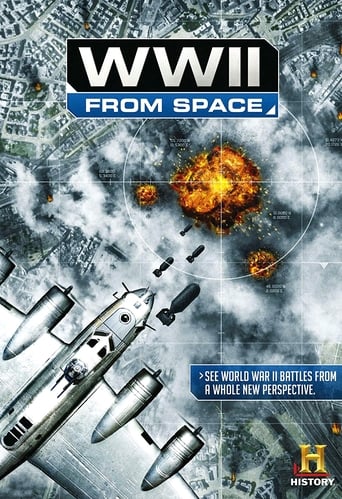
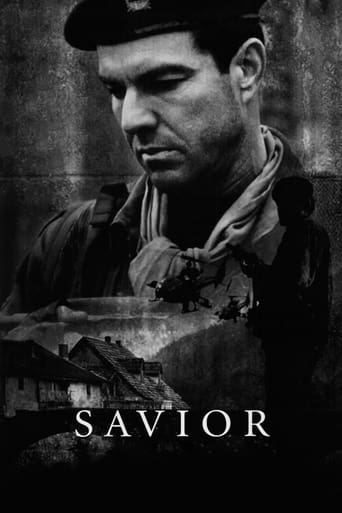



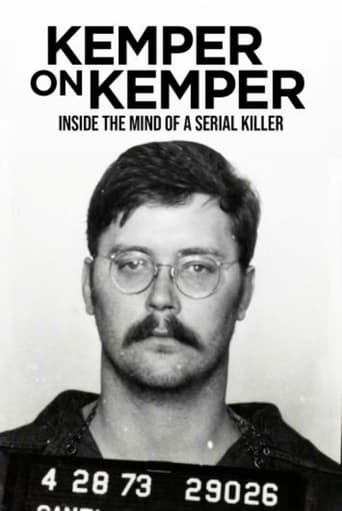
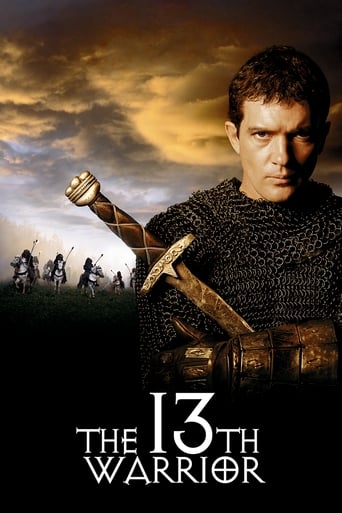
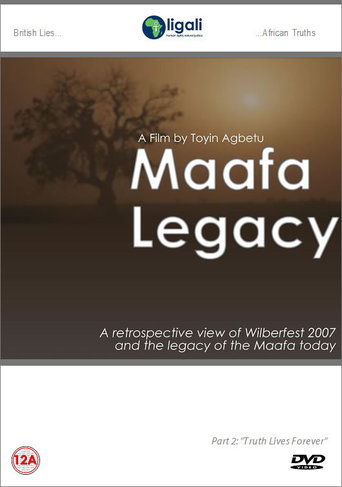
Reviews
I'm not going to claim that I am an expert on the American Civil War, however I am a lover of history and as such I've studied it quite closely. Before watching this "documentary" I read up on the battle of Gettysburg and watched videos made by the tour guides who work there.It made me very interested to learn more and then found this "documentary". Figured it couldn't hurt to see it. Right? What met me was a disjointed, uninteresting, muddled portrayal of the events that took place at Gettysburg. You have Rebel soldiers dressed in rags, not uniforms. You've got people running all over the place pretty much never staying in any kind of formation. Not to mention all the things they get wrong both big and small in terms of history.The cinematography is sub-par to say the least, the camera is constantly shaking, it's cut up to all hell, using slow-motion as well as extreme close-up shots WAY too much.Even with them trying to focus on specific soldiers to portray whatever story they were trying to tell the whole thing is hidden by a 20 inch layer of vaseline.I have no idea what they were going for with this. It's boring, disjointed and impossible to follow from start to finish. Whoever says that this is a good or great film/documentary clearly have no point of reference because this is EASILY the worst historical portrayal of any kind I've EVER seen.Then again, what else should I have expected from a History Channel production?
This is entertaining. I will not deny that. However, the factual errors are outrageous. One of the former reviews accused those who don't like it as armchair historians. I have my Master's in History, and have done my theses on Gettysburg (particularly cavalry actions there). I must say that this is highly inaccurate. Watch it if you want to see blood, gore, and action. It is great at making the story intense. Just do not take it for the gospel.
July first, second, and third, 1863 -- three days of horror in a small Pennsylvania farm town, the largest battle ever fought in the Western hemisphere.Modern Americans haven't shown themselves to be too keen on the Civil War, although the sociopolitical arrangement that we see today was shaped by the war. In a 2007 telephone sample, college students were asked if the American Civil War occurred in the half-century between 1850-1900. Only 43% identified this period as the correct one. This is, however, an improvement upon 1986 numbers: during a survey in that year, only 32% answered the question correctly. I suppose most of them have heard of the Gettysburg address, though I doubt many have read Gary Wills' book on the subject.In any case, even for those who have some interest in the battle in this remote town, there are myths floating around. (The battle began over shoes.) This film fills in some of the factual details that every American citizen ought to have SOME familiarity with. Not that -- as a film -- it's unimpeachable. It's filled with clichés and modernistic touches. Deaths are shown in slow motion -- we can blame Sam Pekinpah for that -- while blood squirts all over the place and innumerable CGIs produce fountains of fuzzy brown dust along with some convincing layouts of the environment.It began when Robert E. Lee decided that Virginia, where most of the previous engagement had taken place, had just about exhausted the state's resource. He moved his army north, through Maryland, and into Pennsylvania, threatening Harrisburg and Washington, DC. He also hoped to pick up volunteers from Maryland, a slave-owning border state, and perhaps demonstrate to France and England that the Confederate Southern States deserved official recognition as a separate country. Neither hope was to be realized.The gist of the battle is this. On day one, the two armies meet -- bit by it -- and the Union retreats to high ground and the Confederates drive the enemy out of Gettysburg, with Union officers hopping fences and hiding in cellars. A tactical victory for the South.Day two: Lee is hobbled by a lack of intelligence. His cavalry, under J.E.B. Stuart is off someplace capturing supply wagons. The Union now occupy a ridge south of the town. Under General Mead they form a splendid defensive position -- almost a circle of men, protecting their position from attack from any direction. Lee attacks both flanks and after much carnage on both sides, a disproportionate amount of it due to General Daniel Sickles, a "political general" among the Federals, whose mistake is not discovered soon enough for correction. Lee's assaults are repulsed. No mention of Joshua Chamberlain or Little Round Top.Day three: Lee guesses that Mead, having been attacked on the flanks, will reenforce his flanks at the expense of the center of his line. Therefore he marshals his men and after a ferocious but minimally effective bombardment, his thousands of troops assault the center of the line. This is generally and inaccurately called Pickett's charge on Cemetery Ridge. His men are slaughtered. Nothing about the irony of Hancock and Armistead. The next day, Lee takes his weary troops back to Virginia. The pursuit of the exhausted Union is late and perfunctory and Lincoln, fed up with non-aggressive generals, fires Mead.The program treats the Battle of Gettysburg almost in isolation from outside influences. There's virtually nothing about politics or long-term strategy or the issues that caused this devastating conflict. What we see is almost a reenactment of the battle in more modern terms than usual. I mean, the violence is more graphic. There's blood everywhere, dripping, squirting, clotting. The photography is crisp but faddish, with desaturated color and wide-angled lenses turning sweaty, dirty faces into porpoises. Deaths are shown in slow motion. During pauses in the action, loud heartbeats rattle the woofers. Fortunately, there isn't the instantaneous cutting, swish pans, and wobbling camera -- otherwise we might as well be watching an old-fashioned "action movie" that's "based on a true story." Wardrobe has done a credible job. The costumes are convincing and so is the makeup. There are informative CGIs too. We can follow the path of a Minié ball as it enters the human body. An image shows us how a cannon is loaded and fired. There are several talking heads that add to our grasp of what's going on, and that's helpful because the story unfolding on the screen is sometimes murky. (There are too few maps.) But the film does deal with usually deemphasized incidents -- the futile battle of stupid Sickles in the peach orchard, the confused night-time assault on Culp's hill.It was a momentous couple of days -- fifty thousand men dead, wounded, or missing. Americans butchering other Americans. The first general to die was a Union man, General Reynolds, but lots of generals were killed. With his last breath one of them, a Confederate hero, whispered to a wounded comrade, "Tell them that I died like a brave man." What a waste.
It seems very clear that others who have left glowing reviews of this "film" (I have to resist the gag reflex to call this such a thing) Like other reviewers who have stated quite accurately how horrible and inaccurate this presentation is, I add my thumbs down to the growing disdain. As a former re-enactor of the Blue and gray and a proud American, I was incredibly disappointed by this Farb- filled festival of feces. For those who don't know Farb is short for Farby which is a term we re-enactors use to describe inaccuracies in a re-enactors impression of a soldier or collectively in a camp or in a film. The most famous in "Glory"- a film I love when a young actor wears a "Swatch" his wrist as he waves to Morgan Freeman. Another example would be modern glasses or the scarf you can get at 7-11 with a paisley print. "Gettysburg" in this instance is an offense and "much offense too" as Hamlet said. The characters NEVER marched in the correct formation in the battle style of that day. And was all style but no substance. I am not only a former reenactor, but I am also a filmmaker myself and I was disgusted by the total lack of focus, and it was evident that the director and the brothers' Scott had no idea how Civil Wr Soldiers fought or spoke. The late Anthony Minghella , director of Cold Mountain, filmed in Romania and he had advisors like Michael Kraus, Don Toriani and the late Brian Pohanka to ensure historical accuracy. Pohanka and Kraus also worked on Ron Maxwell's Gettysburg and Ed Zwick's Glory. This "film"(again I gag), should be destroyed and forgotten and the same for all the DVD copies. This is not censorship- it is a mercy killing for the sake of honoring the men who gave the last full measure and ought not to be offended in such a way. This director is about to finish work on "Killing Lincoln" A friend of mine is in it, I hope that the director has done his homework.
